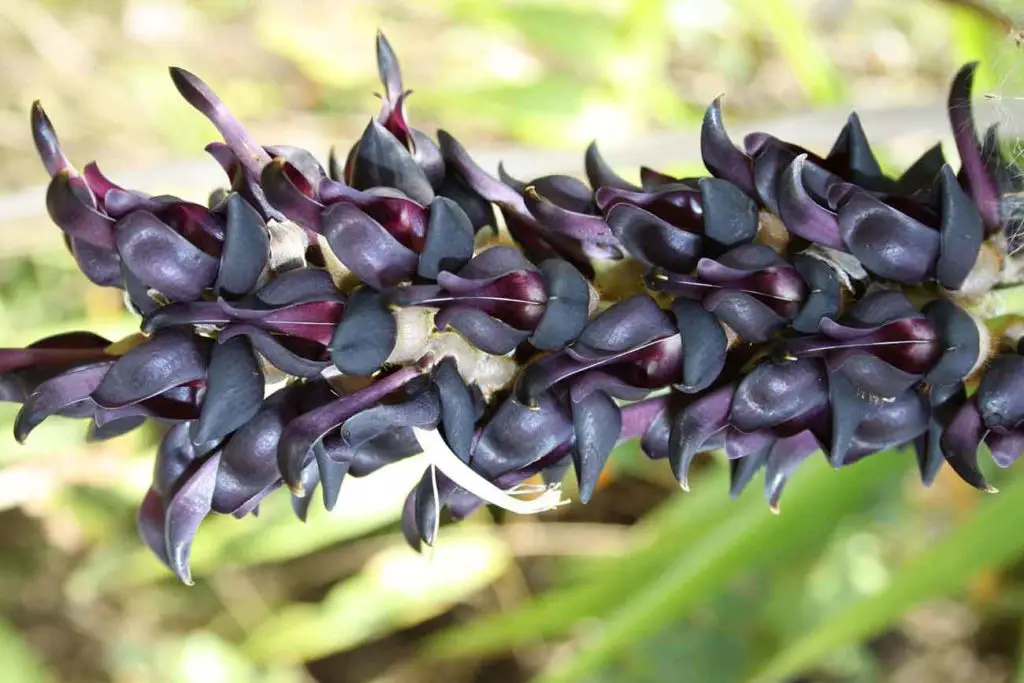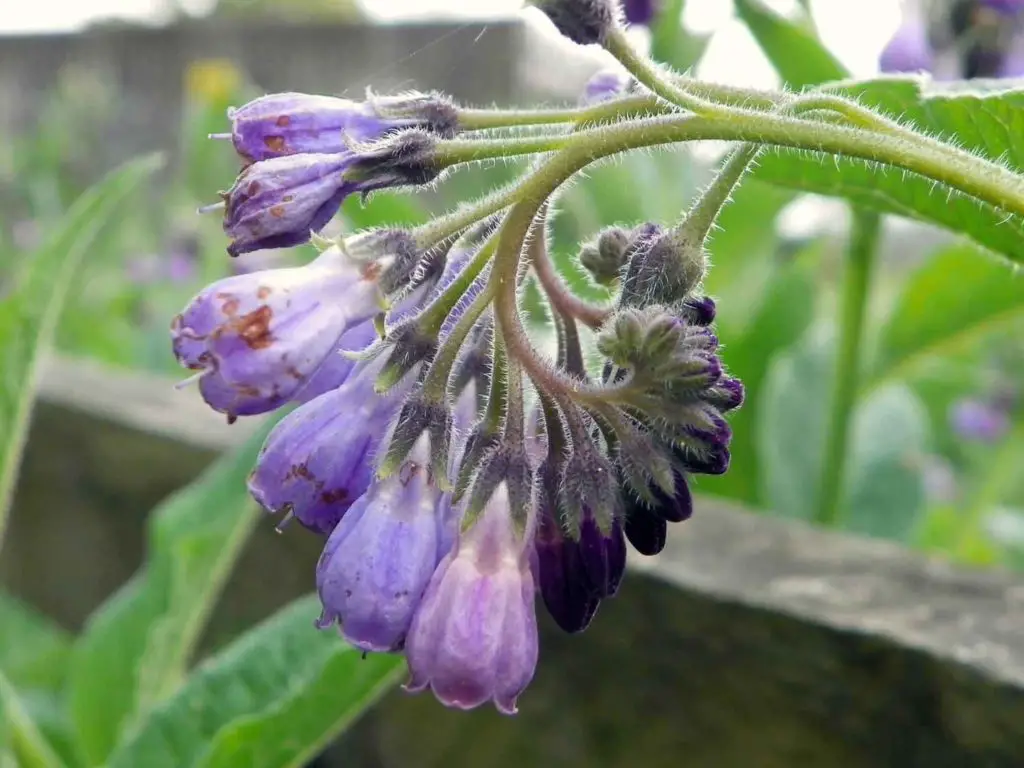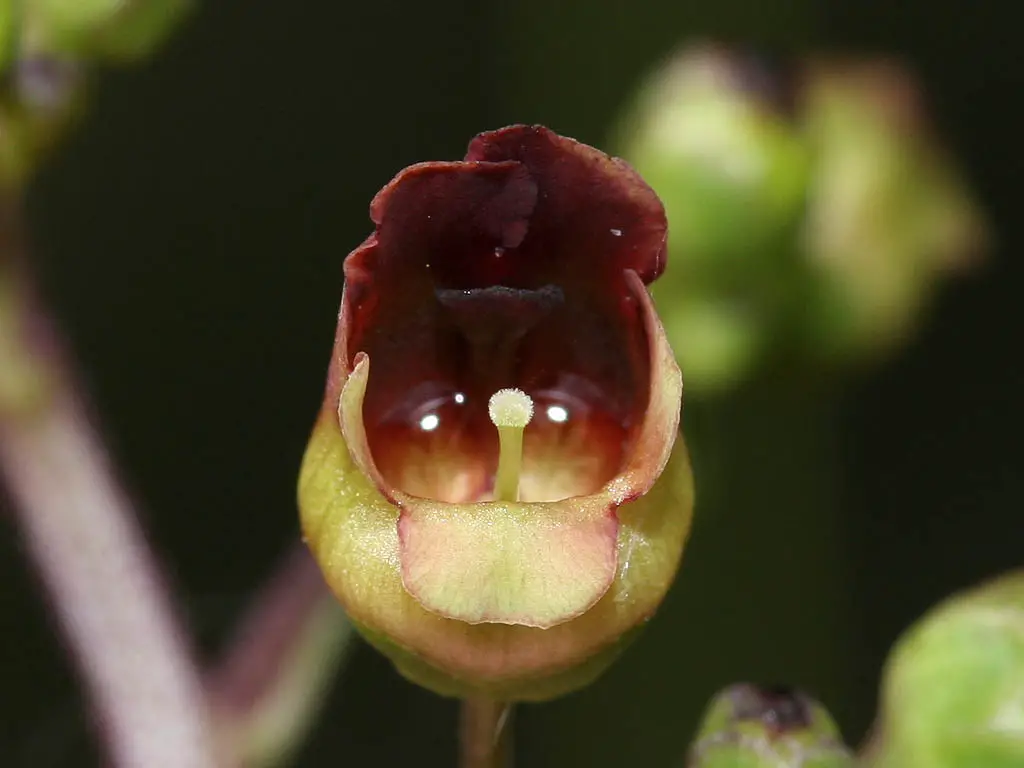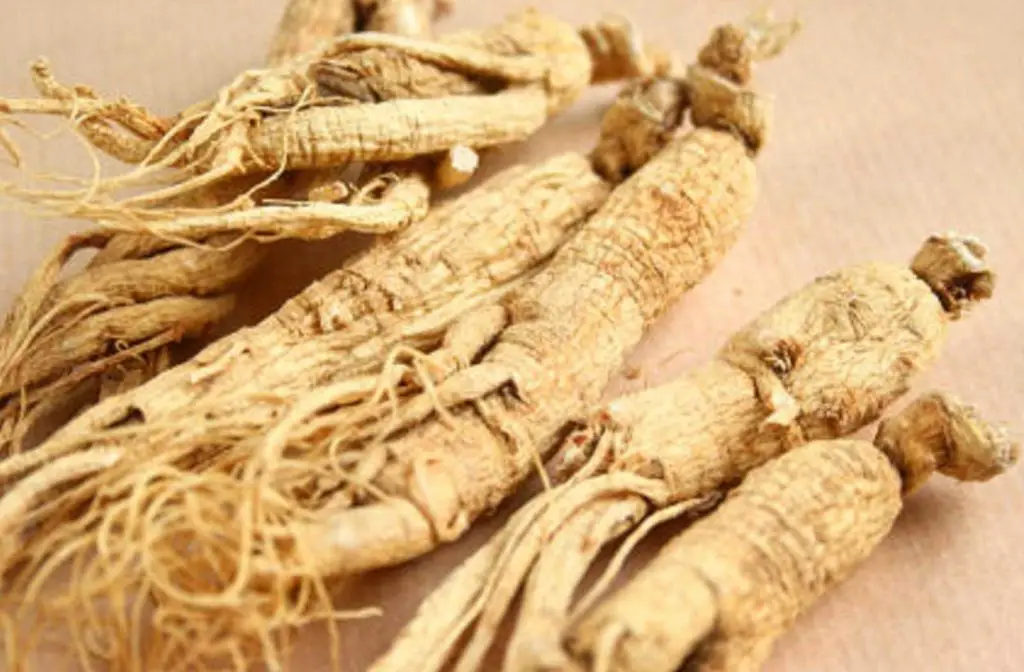What is Mucuna Pruriens?
Mucuna pruriens, also known as velvet bean, cowhage, or cowitch, is a legume that grows in Asia, Africa, and the Caribbean. It is a climbing shrub that produces white or purple flowers, and forms bean pods that create intense itching upon physical contact due to a protein called mucunain on their surface. The 4-9cm long bean pods are often similar to the shape of violin sound holes, and are covered with long orange fuzz.

Mucuna is sometimes used as animal feed, and occasionally as human food. (For example, a traditional West African dish is made with maize flour and mucuna flour.) However,
mucuna contains significant amounts of the chemical L-DOPA, the precursor to the catecholamines dopamine, epinephrine, and norepinephrine. While our body needs this chemical and it is the reason mucuna is used medicinally, it can be toxic in high doses. If used for food, the beans must be cooked properly before consumption to destroy the L-DOPA. Cooking also destroys the protease inhibitor in the beans, which is beneficial from a nutritional perspective, because it allows the high protein content of mucuna to be absorbed by the body.
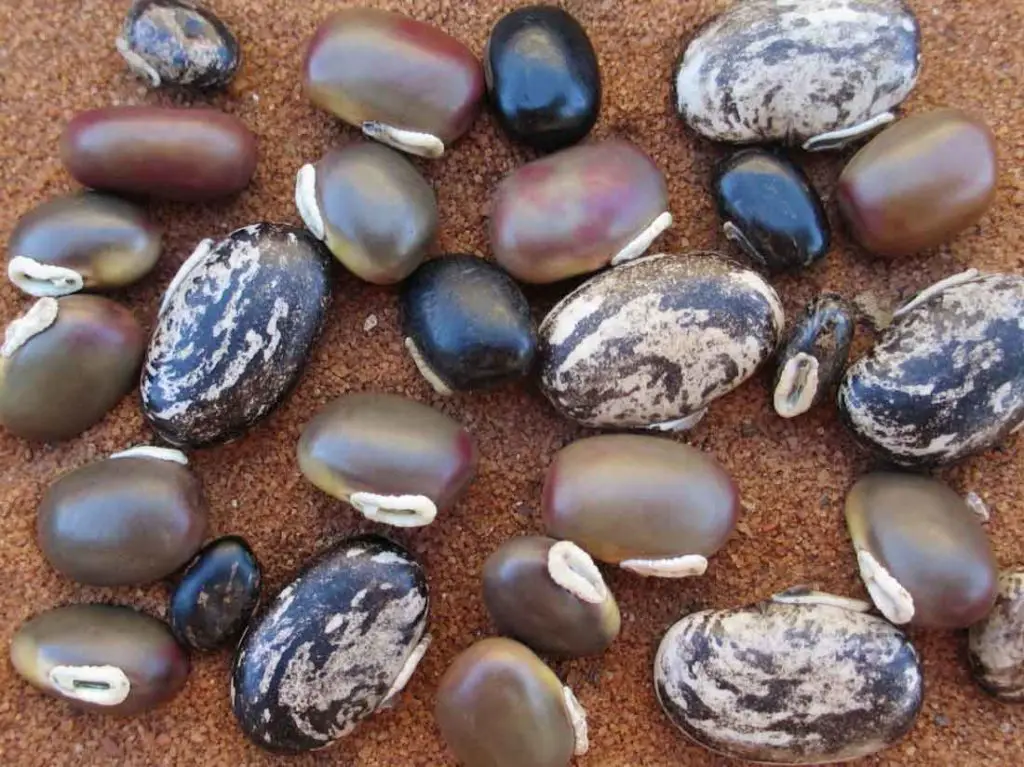
Mucuna pruriens was traditionally used as an aphrodisiac, as well as in Ayurvedic medicine to treat Parkinson’s disease, arthritis, and parasites. Today, the herb is undergoing research mostly as an anti-venom agent and to treat Parkinson’s, although it is sometimes sought out as a libido or mood enhancer. Mucuna pruriens, in large doses can produce a “high,” but it is unpleasant and not recommended.
Mucuna Pruriens Benefits and Uses
The significant amount of L-DOPA in Mucuna pruriens has made it a promising alternative treatment for Parkinson’s disease. Standard Parkinson’s treatment consists of L-DOPA administered along with carbidopa, but mucuna has some advantages against this typical treatment. The L-DOPA in mucuna appears to be more bioactive than straight L-DOPA, meaning that a smaller dose is needed to take effect, versus L-DOPA on its own. (However, it does not necessarily work better than L-DOPA combined with carbidopa.) Additionally, L-DOPA can create DNA damage via copper ions in the brain. Compounds in Mucuna pruriens appear to prevent this effect through a process of metal chelation. One study comparing mucuna therapy to L-DOPA therapy also found less occurrence of dyskinesia.
The following are other potential medical uses of Mucuna pruriens, as well as more detailed information on Parkinson’s studies:
Mucuna is the #1 Natural source for L-DOPA. L-DOPA is good for Parkinsons, Testosterone and Depression. Get it => here
— MedicinalHerbals (@MedicinalHerbal) February 28, 2017

Treating Parkinson’s
Currently, there is just one double-blind human study on treating Parkinson’s with Mucuna pruriens. The study used 15-30g of the herb (equalling 500-1000mg of L-DOPA) and compared it to 200mg/50mg of L-DOPA/carbidopa therapy, in treating eight patients. Few differences were observed between the two therapies, except that mucuna appeared to take effect faster. Another study found that mucuna may also increase catecholamines and serotonin in the substantia nigra, the part of the brain that plays a role in Parkinson’s disease. L-DOPA on its own does not have this ability.
Treating Infertile Men and Testosterone Increase
According to one study, 5g of Mucuna pruriens taken daily for three months can increase testosterone levels in otherwise healthy, infertile men. In those with low sperm motility or low sperm count, the increase was even higher. However, it should be noted that these increases only achieved levels within the normal range of testosterone; there is no evidence that mucuna will increase testosterone in men with already normal levels. It is hypothesized that mucuna improves testosterone levels through the effect of L-DOPA increasing dopamine, which then suppresses the hormone prolactin. Prolactin can inhibit libido and testosterone.
Anti-diabetic benefits
In rats, Mucuna pruriens can reduce blood sugar spikes caused by meals. One study tested dosages of 5-100mg/kg of mucuna, and found that it could reduce blood sugar by 19-55%, dose-dependently. Chronic use of mucuna has the most potent effect for this purpose, as using a small dosage over time builds up efficacy. For example, 5mg/kg over 12 weeks eventually has the same potential as a one-time dose of 100mg/kg. However, this effect seems to reach its peak at one month of use, and plateaus thereafter.
As an anti-venom agent
Mucuna pruriens was traditionally used as an anti-venom remedy against snakes such as the saw-scaled viper (Echis carinatus). This usage has been proven by science, as the protease inhibitor in mucuna breaks down the snake’s venom.
Stress Relief
A study using oral administration Mucuna Pruriens resulted in a significant reduction of psychological stress. These results were administered via a questionnaire and by tracing serum cortisol levels. Mucuna is considered one of the best herbs for mood stabilization.
Antioxidant
Antioxidant activities were observed when using the Methanol extract of Mucuna Prurien Seeds. This happens because Mucuna inhibits diphenyl-2-picryl-hydrazyl (DPPH). The same study concluded that Mucuna Pruriens is an easy to find source of natural antioxidants.
Antidepressant
Using a hydroalcoholic extract of Mucuna Pruriens seeds an antidepressent affect was observed in Mice.

Mucuna Pruriens Extract and Dosage Information
Mucuna pruriens extract is most commonly found as a seed powder. The color is typically pale or yellowish. I would go as far as to say I’d only take Mucuna Pruriens as an extract. The label on the package should clearly state the amount of L-DOPA in each dose; this is important because too much can cause unpleasant side effects.
There is no standardized dosage for Mucuna pruriens, but doses of up to 30g (1000mg of L-DOPA) have been used and generally well-tolerated in humans. This likely represents the highest dosage that can be recommended, while a more typical dosage, especially for long-term use, can start at 5g a day. Mature Mucuna pruriens seeds usually contain about 3-6% L-DOPA, while some tested supplements on the market contained 3.8-4.3%, mostly concentrated in the lower range.
Mucuna Pruriens Side Effects and Safety
Since Mucuna pruriens has a high L-DOPA content, it comes with a moderate number of potential contraindications and safety warnings. However, when taken in an appropriate dose by individuals without complicating factors, mucuna appears to be a very well-tolerated therapy. According to one study, some side effects reported were nausea, vomiting, abdominal distension, dyskinesia, and insomnia (L-DOPA helps produce dopamine, which inhibits the production of melatonin, and thus interferes with sleep.)
L-DOPA can also cause psychotropic effects if taken at a high enough dose. These effects can include aggression, hallucinations, delusions, and depression, and are more likely to be severe in people with a history of mental illness. There has been one case of widespread psychosis from eating Mucuna pruriens during a famine in Mozambique. In this case, the disease affected mostly women and was compounded by poor diet. Fortunately, the levels of L-DOPA in most supplements are unlikely to be high enough to cause these types of effects.
There are more specific safety warnings for individuals on certain medications, or with certain diseases that interact with L-DOPA. Those with cardiovascular disease should not take Mucuna pruriens, because it can lower blood pressure. Diabetic patients taking mucuna should carefully monitor their blood sugar levels and adjust medications to make sure these levels do not fall too low. Patients with liver disease should not take mucuna, because L-DOPA can increase chemicals implicated in liver disease.
Additionally, people with melanoma should not take mucuna, because the body uses L-DOPA to make melanin. L-DOPA is also contraindicated in people with ulcers, and as mentioned, in certain cases of mental illness. Lastly, anyone undergoing surgery should stop taking mucuna two weeks before the procedure, so it will not interfere with blood sugar levels.
Mucuna is a fairly well researched herb, there is a lot of clinical papers on it. However, it’s still essential to consult a doctor about specific medications that can interact with Mucuna pruriens. These may include antidepressants, antipsychotics, anesthesia drugs, and hypertension drugs.
Finding the Best Mucuna Pruriens Extract
As mentioned earlier, it is very important to check that your mucuna supplement has a standardized amount of L-DOPA present in each dosage to avoid illness. The manufacturer should also be willing to state where their raw product originated. Supplements that combine Mucuna pruriens with other herbal products may not have the same effects as mucuna on its own, and may not be as effective.
Since mucuna has a number of contraindications and safety warnings, it is best to ask a doctor before starting treatment. If you decide to use mucuna instead of traditional Parkinson’s treatment, a doctor may be able to help recommend a specific supplement. This is because the dosage will need to be lower as a result of mucuna’s higher bioactivity.

References:

